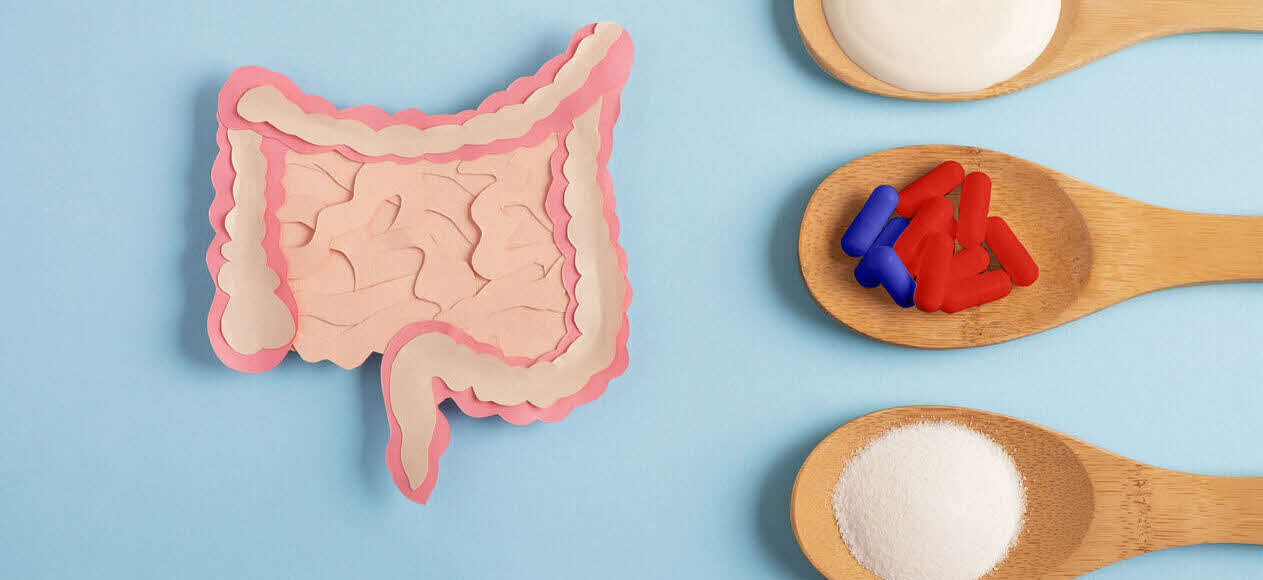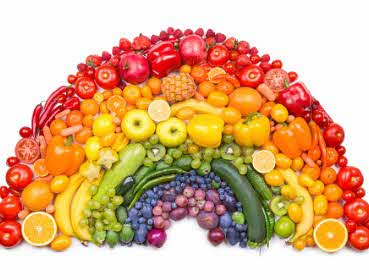5 types of foods to enhance your gut's microbiome
Boost gut health with these nutritious additions to your daily meals
Partner content: Content has been reproduced with the permission of, and is wholly owned by, Parkway Cancer Centre. Great Eastern does not own or claim to own any rights to the content shared.
The microbiome is like a bustling community inside our bodies, made up of trillions of tiny organisms, including bacteria, fungi, parasites and viruses, mostly dwelling in our intestines. Far from being harmful, these microscopic inhabitants are crucial for our well-being, aiding in digestion, bolstering our immune system and even producing vital nutrients.
To support a healthy gut microbiome, incorporating the following five types of foods into your diet can be beneficial:

Fermented foods, such as Yoghurt, kefir, sauerkraut and kimchi, are naturally rich in probiotics, the beneficial bacteria that support a healthy gut microbiome.
These foods not only aid in digestion and nutrient absorption but also strengthen the immune system. Additionally, the probiotics in fermented foods contribute to the gut-brain relationship, potentially enhancing mood and cognitive function.
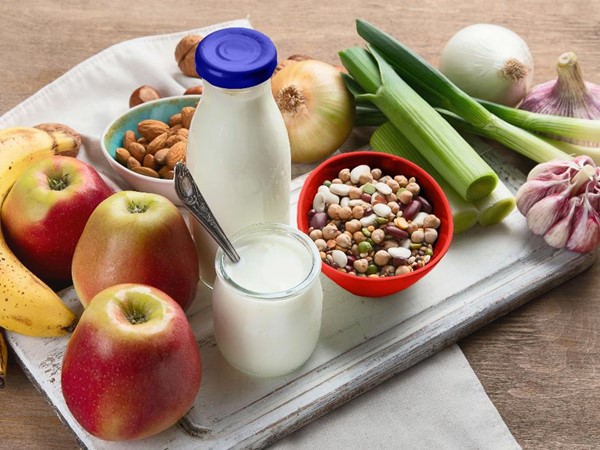
Prebiotics are a type of fibre that the human body cannot digest, serving as food for probiotics. They help increase the population of healthy bacteria, thus improving gut health and contributing to enhanced immunity and a reduced risk of certain digestive conditions.
Prebiotic-rich foods, such as garlic, onions, leeks, asparagus, bananas, oats and apples, also help to increase calcium absorption, potentially aiding in bone health. Additionally, they play a role in regulating blood sugar levels and reducing the risk of obesity by enhancing feelings of fullness.
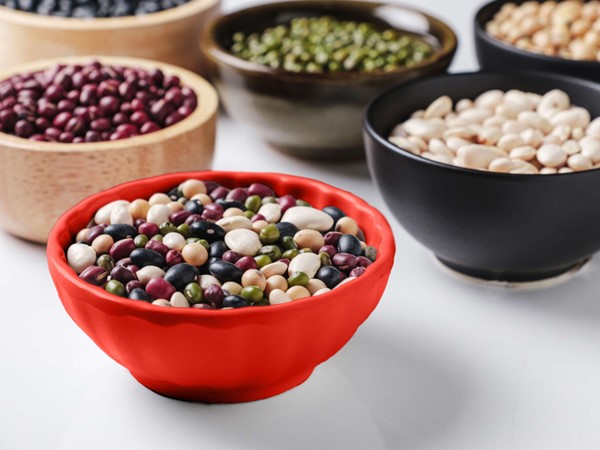
Beyond their role in nourishing gut bacteria, high-fibre foods, such as fruits, vegetables, legumes, beans, wholegrains, nuts and seeds, contribute to overall digestive health by enhancing stool bulk and regularity.
This helps to maintain a healthy intestinal environment and can even lower cholesterol levels. Moreover, the fermentation of fibre in the colon produces compounds that may protect against colon cancer.
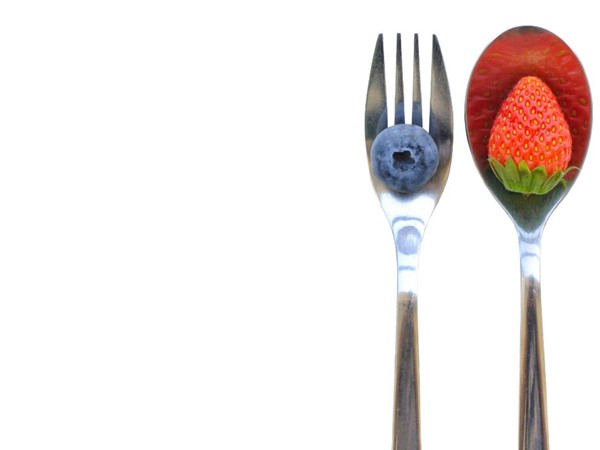
Polyphenols are plant compounds with antioxidant properties. Present in foods such as dark chocolate, grape skins, green tea, almonds, onions, blueberries and broccoli, they’re not fully digested in the upper part of the digestive tract and can act as food for gut bacteria.
They’ve been linked to improvements in digestion, weight management and protection against heart disease.
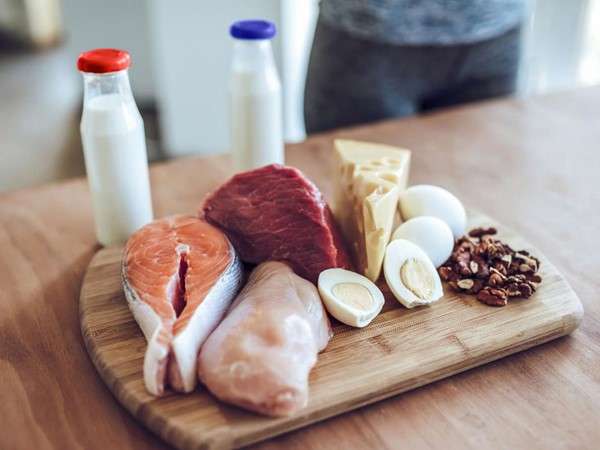
Proteins are essential for building muscle and repairing tissue, including the cells lining the gut.
Found in lean cuts of meat, fish, eggs, plant-based proteins like lentils and chickpeas, they also contribute essential amino acids that our bodies can’t produce, which gut bacteria can use to produce beneficial compounds, supporting a healthy immune response and gut barrier function. However, it’s important to choose lean proteins to avoid excessive intake of saturated fats, which can lead to an imbalance in gut bacteria.
Foods that are good for gut health generally support the growth of beneficial bacteria, provide the necessary nutrients to repair and maintain the gut lining, and help prevent the overgrowth of pathogenic bacteria. It’s important to have a diverse and balanced diet to support a healthy microbiome.
Solve a simple crossword puzzle quiz and win a special prize from Comvita x HoneyWorld worth $10.90!

Allied Health
Parkway Cancer Centre
Let us match you with a qualified financial representative
Our financial representative will answer any questions you may have about our products and planning.




